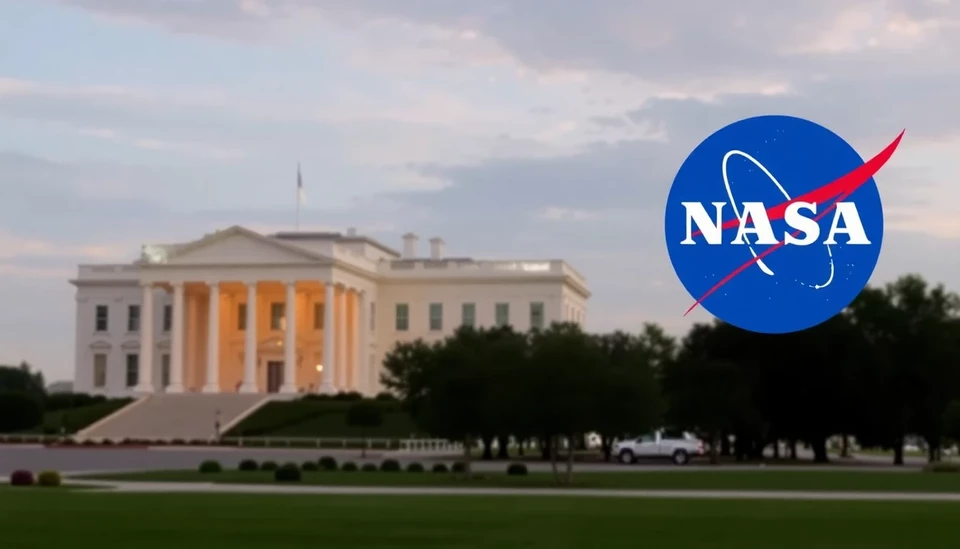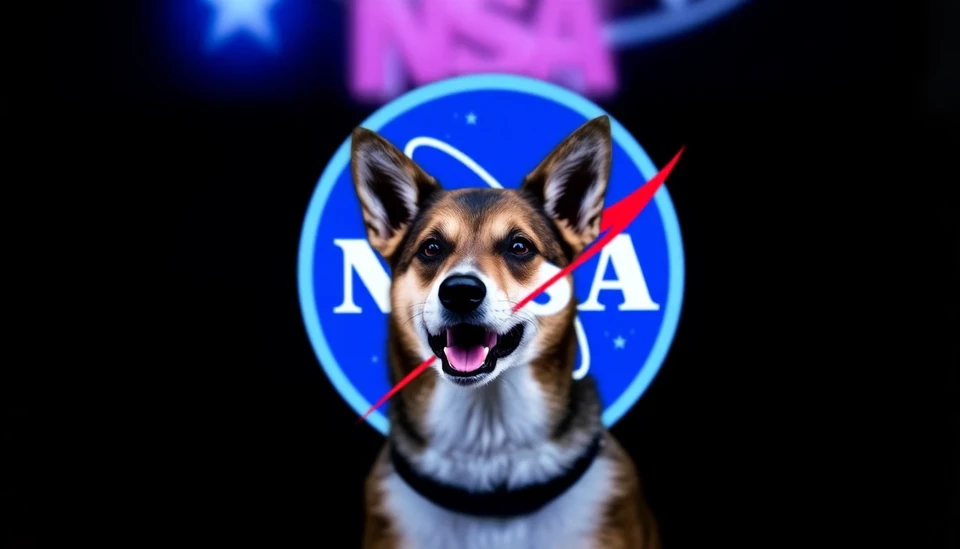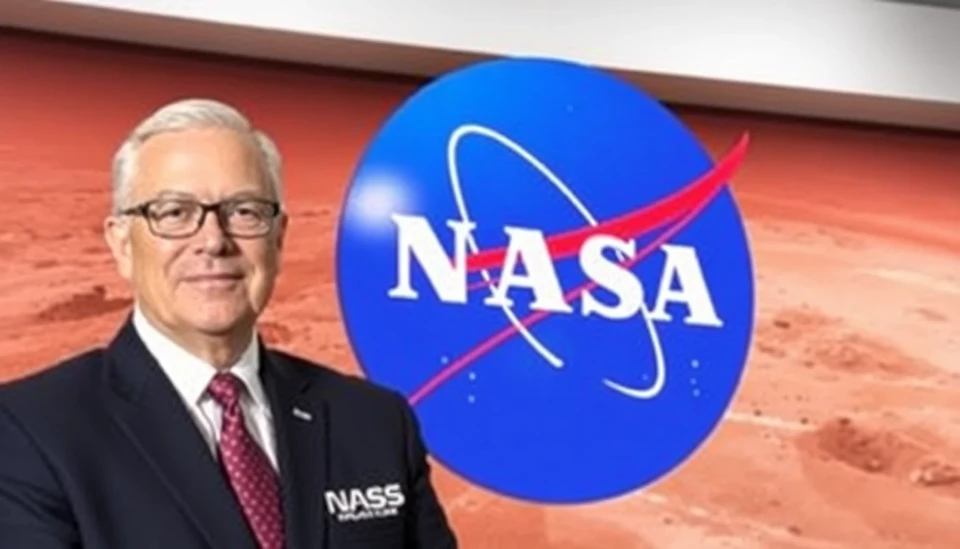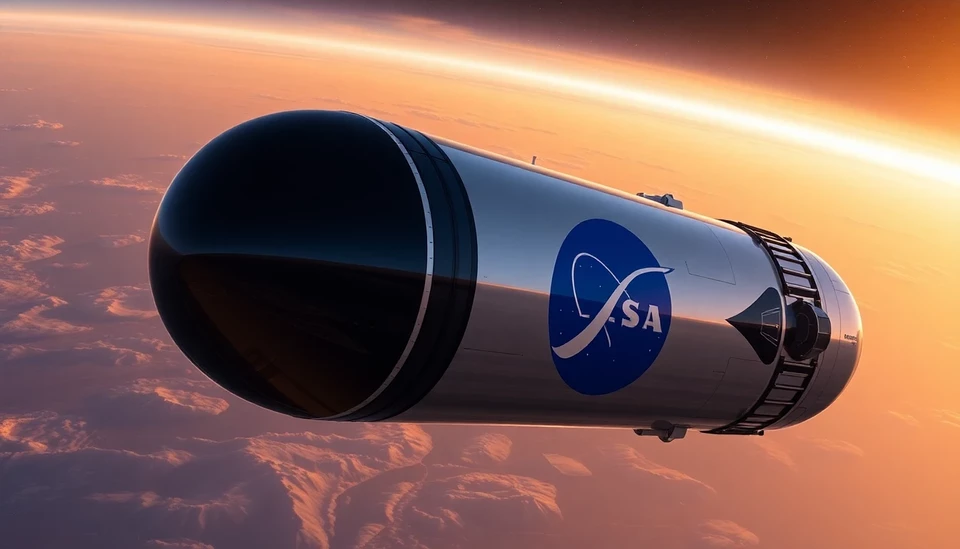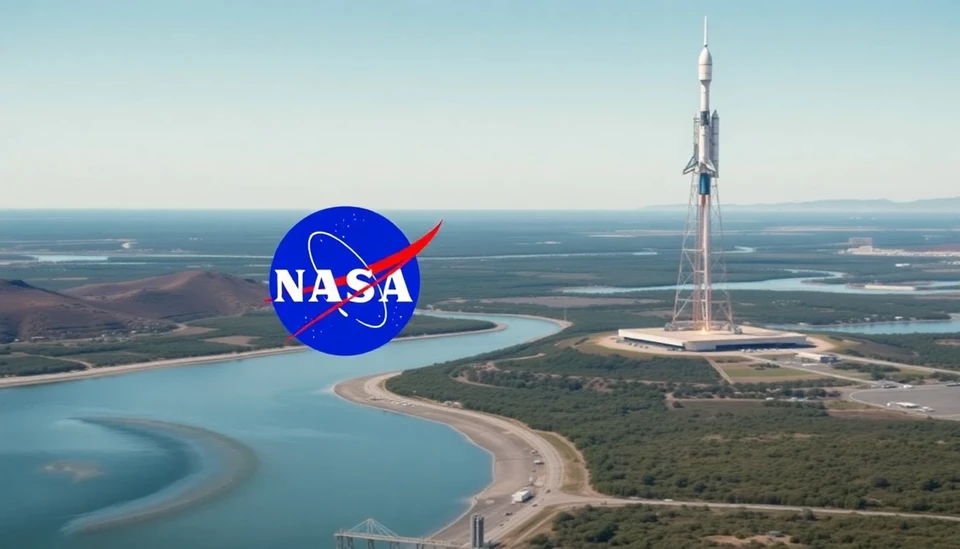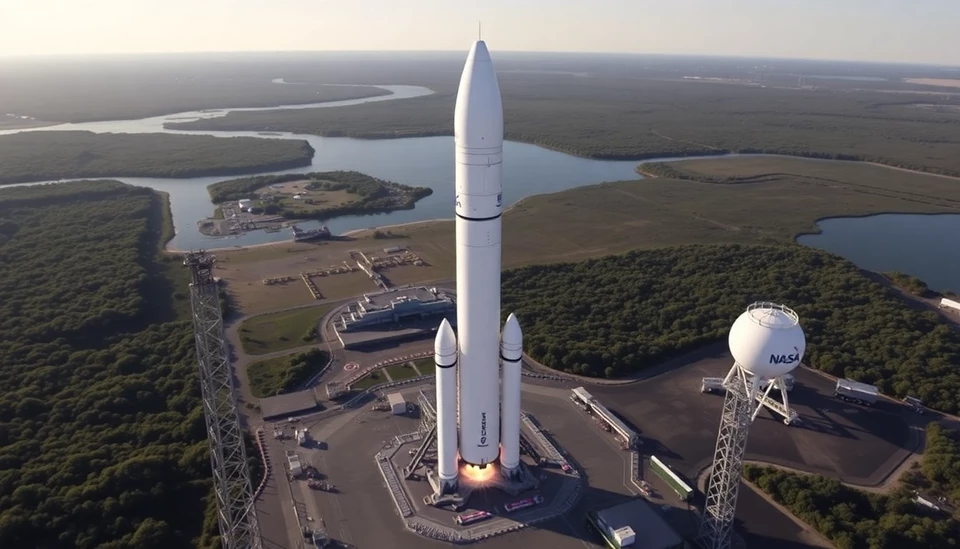
NASA's Space Launch System (SLS), designed for ambitious lunar exploration missions, is encountering hurdles that may complicate its potential cancellation. The SLS, constructed in collaboration with Boeing, serves as the backbone for NASA's Artemis program, aimed at returning humans to the Moon by 2025. However, as the program progresses, the rocket's construction, operational readiness, and associated costs have sparked a heated debate regarding its viability and future.
In the wake of ongoing developmental delays and substantial financial overruns, questions surrounding the SLS's future have intensified. Critics argue that the SLS represents an outdated approach to space travel, suggesting that investing in more modern and cost-effective solutions could yield greater results. Despite these concerns, the rocket has become a central fixture of NASA's ambitious plans for human exploration beyond Earth, complicating any discussions about its cancellation.
Recent projections outline that the SLS could incur an estimated total expenditure of up to $20 billion by the time of its first crewed mission. Observers have pointed to this spiraling cost as a glaring indication that the current trajectory may not be sustainable. As public and political scrutiny mounts, the possibility of reallocating federal funds to more innovative space endeavors grows increasingly enticing.
While some politicians and agency officials advocate for the SLS as the most capable heavy-lift rocket available, the growing sentiment among space professionals leans towards considering alternative options that might better serve NASA's long-term goals. Reports suggest that developing a more flexible launch system, including commercial partnerships, could be more advantageous for future missions.
However, terminating the SLS program is not a straightforward process. Legislative backing is pivotal, and any decision requires a careful evaluation of contracts and commitments that have already been established. Experts indicate that canceling such a large and significant program would not only waste taxpayer dollars already invested but could also erode the workforce's morale at NASA and its partners.
Beyond the immediate concerns surrounding the SLS is the broader narrative about the future of human spaceflight. As new technologies emerge and the landscape of space exploration becomes more collaborative—highlighted by partnerships with private companies like SpaceX—the traditional paradigms of space missions may require a reassessment. The hope is that through collective efforts and innovative thinking, humanity can stretch the frontiers of space exploration far beyond the Moon and into the depths of our solar system.
As the SLS saga continues, the implications of its success or failure will extend beyond technical achievements into the very ethos of how we envision and execute space travel. The upcoming months will be critical for NASA as it navigates the challenges ahead, weighing the monumental stakes of the SLS against the promise of potentially groundbreaking alternatives.
In summary, while the SLS rocket is poised to launch humanity toward new frontiers on the Moon, the journey is fraught with uncertainty and challenges that could reshape NASA's trajectory in space exploration for years to come.
#NASA #SLS #SpaceLaunchSystem #Boeing #Artemis #moonmission #spaceexploration #futureofspace
Author: Samuel Brooks
